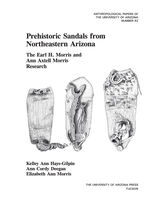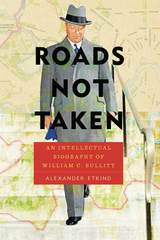
The history of the modern social sciences can be seen as a series of attempts to confront the challenges of social disorder and revolution wrought by the international expansion of capitalist social relations. In Capital, the State, and War, Alexander Anievas focuses on one particularly significant aspect of this story: the inter-societal or geo-social origins of the two world wars, and, more broadly, the confluence of factors behind the Thirty Years’ Crisis between 1914 and 1945.
Anievas presents the Thirty Years’ Crisis as a result of the development of global capitalism with all its destabilizing social and geopolitical consequences, particularly the intertwined and co-constitutive nature of imperial rivalries, social revolutions, and anti-colonial struggles. Building on the theory of “uneven and combined development,” he unites geopolitical and sociological explanations into a single framework, thereby circumventing the analytical stalemate between “primacy of domestic politics” and “primacy of foreign policy” approaches.
Anievas opens new avenues for thinking about the relations among security-military interests, the making of foreign policy, political economy and, more generally, the origins of war and the nature of modern international order.


Based on Bullitt’s unpublished papers and diplomatic documents from the Russian archives, this new biography presents Bullitt as a truly cosmopolitan American, one of the first politicians of the global era. It is human ideas and choices, Bullitt’s projects and failures among them, that have brought the world to its current state.

READERS
Browse our collection.
PUBLISHERS
See BiblioVault's publisher services.
STUDENT SERVICES
Files for college accessibility offices.
UChicago Accessibility Resources
home | accessibility | search | about | contact us
BiblioVault ® 2001 - 2024
The University of Chicago Press









